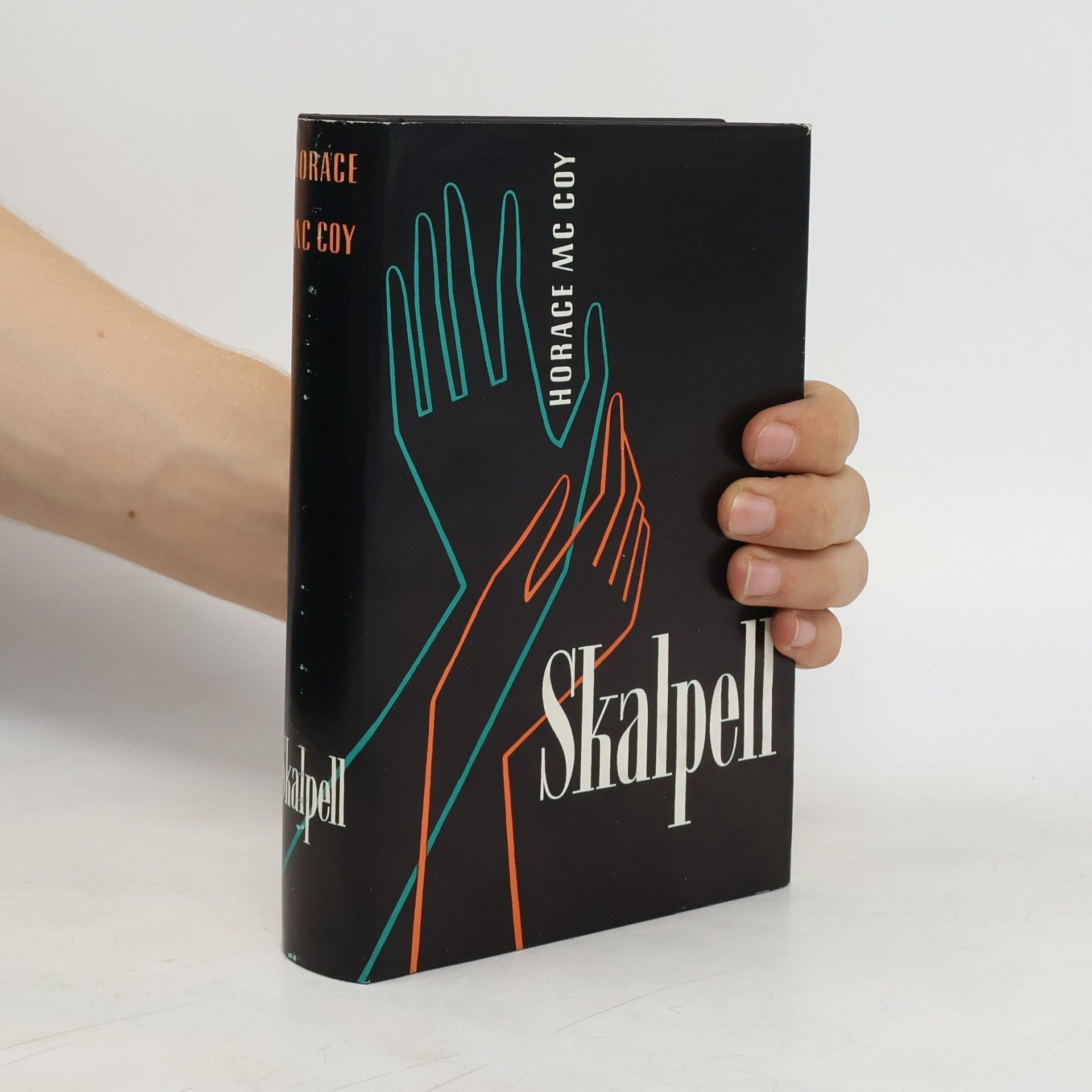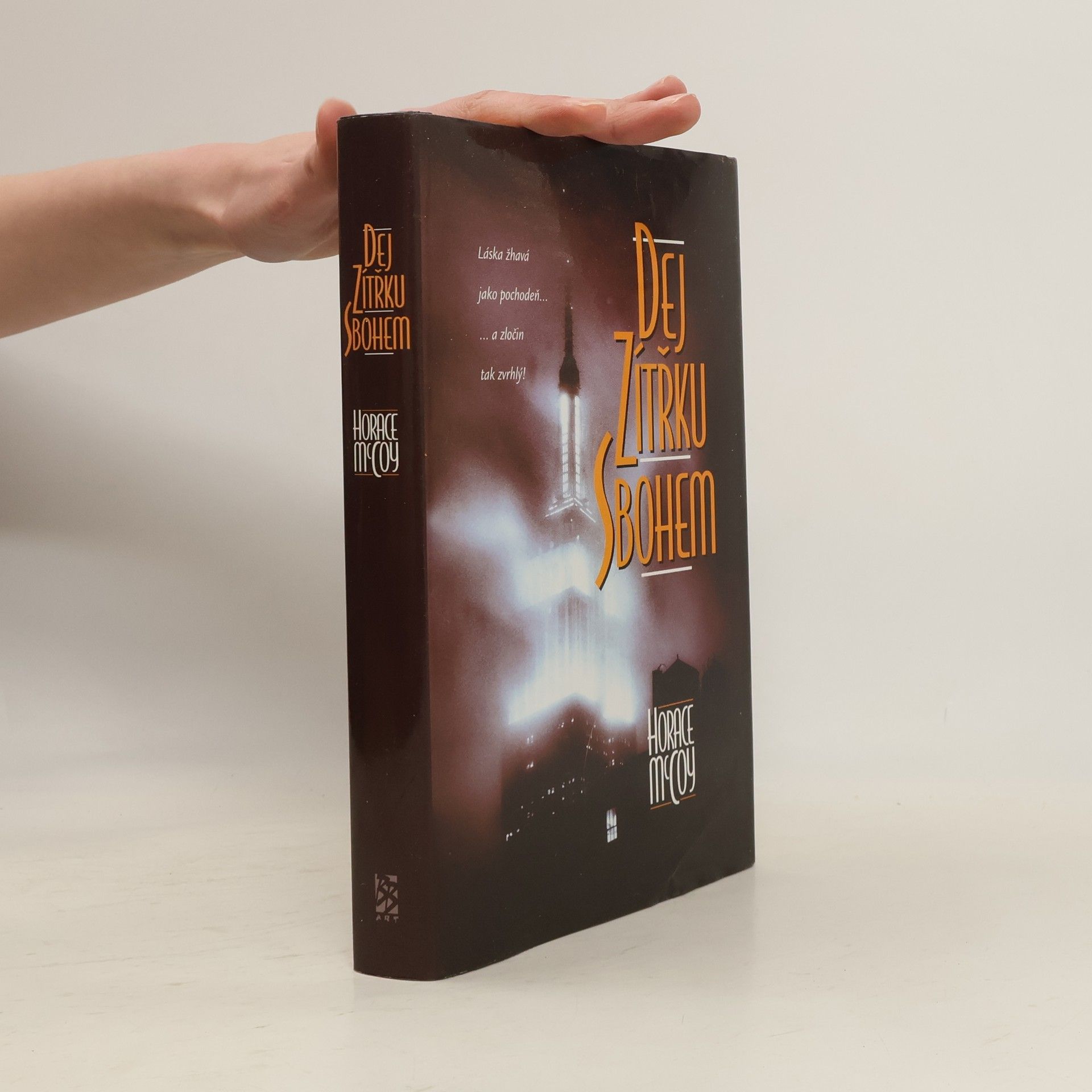Horace McCoy Book order (chronological)
Horace Stanley McCoy documented the hardships Americans faced during the Depression and post-war periods in his gritty, hardboiled novels. Though underappreciated in his own time, McCoy is now recognized as a peer of Dashiell Hammett and James Cain. His work explored the darker aspects of the American dream and the psychological toll of extreme pressure. McCoy's distinctive style is known for its concision and potent imagery.







Kniha vypráví příběh o složitém úniku z vězení, při němž byl zabit vězeň, pro kterého byl útěk zorganizován, a na svobodu se dostává jeho náhodně vybraný společník Ralph Cotter. Tento odvážný kousek Cottera zavede do prostředí plného zločinu, machinací a vyděračství, kde ho pohrdání zákonem, řádem a lidským životem zavádí na cestu nekonečného zla. Román posloužil jako předloha pro kultovní film s Jamesem Cagneym v hlavní roli.
Společné vydání dvou románů (Měl jsem zůstat doma, 1938; Koně se přece střílejí, 1935) amerického prozaika Horace McCoye (1897–1955), které nemilosrdně a bez příkras vypovídají o tragédii generace Ameriky třicátých let, o ztrátě iluzí, o lidské důstojnosti a ponížení.
They Shoot Horses, Don't They?
- 144 pages
- 6 hours of reading
The Great Depression led people to take desperate measures to survive. The marathon dance craze, which flourished at that time, seemed a simple way for people to earn extra money, dancing the hours away for cash, for weeks at a time.But the underside of that craze was a competition and violence unknown to most ballrooms. A lurid tale of dancing and desperation, Horace McCoy's classic American novel captures the dark side of the 1930s.

